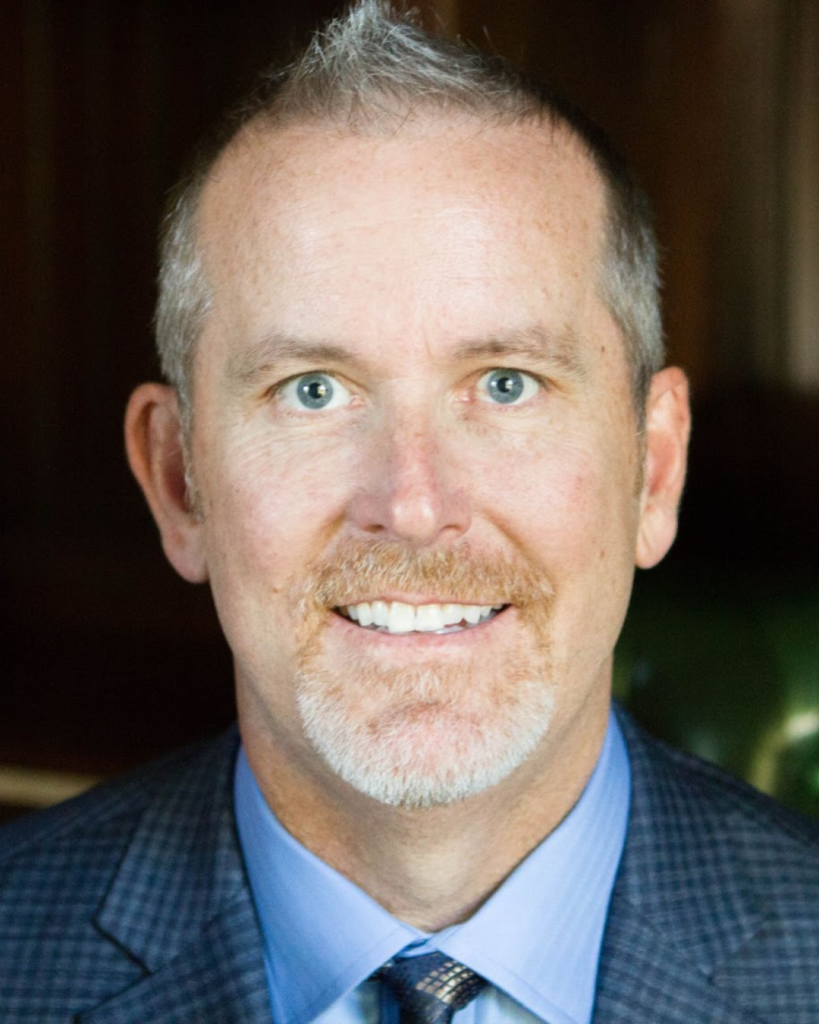
Healing Through Attachment
Some years ago, as I drove home from a therapy session, I experienced a profound realization. Therapy gave me a sense of safety—a belief that everything would be okay, that I was okay. Yet, as I drove, doubts crept in. The calm I felt in therapy quickly gave way to familiar anxiety. I began to question: How was therapy helping if my fears returned so quickly?
The following week, I shared this with my therapist. She replied, “Eventually, you will carry a copy of me inside you. You’ll hear my voice guiding you.” At the time, this felt distant. But slowly, her words came true. Over time, I began to hear her voice during difficult moments—a calming presence reminding me I would be okay. This process reflects the transformative power of attachment.
Understanding Attachment Theory
Attachment theory explains how children develop a sense of self through their caregivers. When a child stubs a toe or trips, they instinctively look to a parent’s face: Am I okay? A caregiver’s response teaches the child how to interpret their emotions. Calm, consistent responses help children trust themselves and the world. Anxious or angry responses, however, can cause children to absorb that stress as their own.
As Daniel Siegel and Mary Hartzell write in Parenting from the Inside-Out, children learn not just through words but through unspoken emotions. When parents don’t own their anxiety, children internalize it as: Something is wrong with me. Over time, they may deny parts of themselves to maintain connection with their parents.
Therapy as a Path to Secure Attachment
What happens if we didn’t receive a secure attachment as children? Therapy provides a path to healing. While childhood shapes our internal voice, therapy can offer a corrective experience. Adults can develop what psychologists call an “earned secure attachment”—a lasting trust in themselves and others built through consistent, empathic relationships.
My therapist’s voice became my internal guide, like a caregiver’s voice shapes a child. Over time, therapy rewired my internal world. I learned to trust not life’s circumstances but my own ability to adapt and overcome—like a bird trusting its wings, not the branch it rests on.
Why Your Healing Matters
Research shows the greatest predictor of a child’s well-being is their attachment to parents. The key is this: The ability to provide a secure attachment does not depend on the quality of your childhood.
Do the Work—For Yourself and Your Children
Therapy isn’t about quick fixes. It’s about healing so you can show up as the calm, secure presence your children need. James Hollis said, “The truth about intimate relationships is that they can never be any better than our relationship with ourselves.” Your self-work ripples outward, positively impacting generations.
Anne Lamott wrote, “The most profound thing we have to offer our own children is our own healing.” Unhealed pain becomes fear, anger, and anxiety projected onto those we love. By taking responsibility for your healing, you free your children from carrying burdens that aren’t theirs.
As Alice Miller wrote in The Drama of the Gifted Child, healing comes from understanding and accepting our past. If you process your childhood’s challenges, you can provide a secure base for your children.
The Call to Heal
Therapy reconnects us to ourselves. Through consistent, empathic support, we rewrite our stories, hold ourselves with compassion, and reclaim the parts of us we hid to survive. The work is hard, but the rewards are profound: liberation, hope, and love.
Healing is possible. By doing the work, you create a secure, loving space for your children to thrive. Your love, multiplied through generations, becomes a legacy of resilience. As Paulo Coelho said, “The reward for our work is not what we get, but what we become.”
Start the journey. Do the work. Your healing is the greatest gift you can give yourself—and those you love.

Dr. Brad Reedy, founder of Finding You Therapy Programs, has over 25 years of experience as Co-owner and Clinical Director at Evoke Therapy Programs, where he created Finding You Intensives, attachment-based programs that connect past experiences to current challenges. Previously, he led Second Nature Wilderness Programs to national success as Clinical and Executive Director. A prolific speaker and educator, Brad has delivered over 1,400 webinars, keynotes, and podcasts on therapy, mental health, and parenting. He authored The Journey of the Heroic Parent and The Audacity to Be You and hosts Finding You: An Evoke Therapy Podcast. Brad has served on multiple national boards.